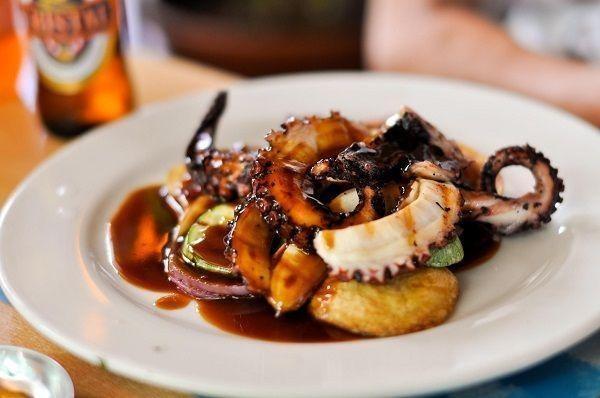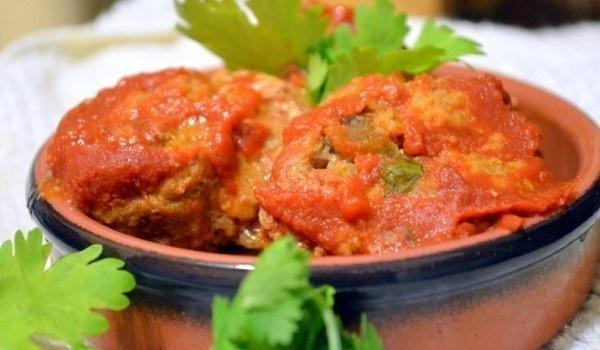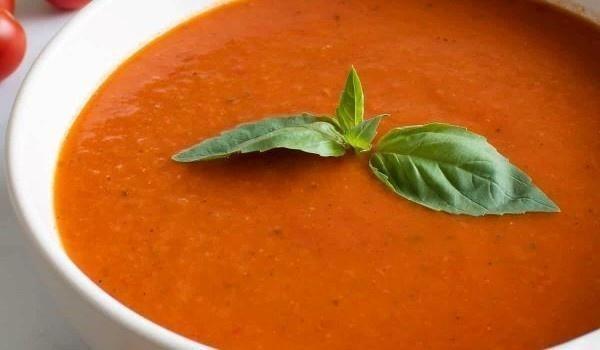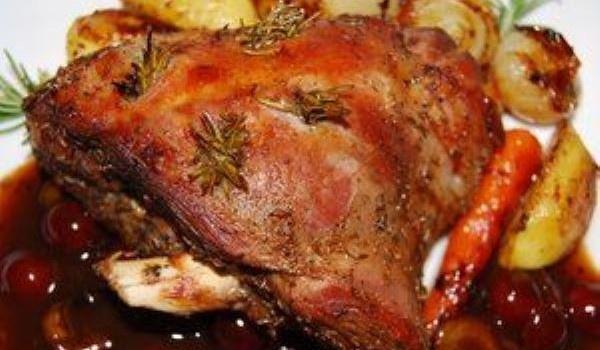How to cook an Octopus
How to cook an Octopus know as Pulpo in Spanish and this is a popular dish that can be found in most tapas bars.
There is no need to be intimidated by cooking octopus at home, it's much simpler than you think and doesn't require any special tricks or equipment, ignore all the old wives tales such as putting a cork in the water (The cork trick is an old folk method that some chefs swear by), beating it or even putting it in the washing machine....... yes you read that right.
It can be difficult to cook, going from tender to rubbery and back as it sits in the pot, but when it is cooked properly it will be tender and soft and it is wonderful in summer seafood salads such as octopus and potato salad, grilled with lemon or served with a rich paprika sauce.
Which ever recipe you choose generally it has to be cooked first. After boiling the octopus, it can be grilled, if you plan to slice it before cooking again, let the boiled octopus come to room temperature or chill as it will be much easier to cut.
How to cook an Octopus
Ingredients
2 to 3 pounds octopus (fresh or frozen)
Method - Boiled Octopus

All frozen octopus is precleaned, and if buying fresh, you can ask the fishmonger to clean it for you. However, if the octopus is not precleaned, wash and clean it, removing the ink sac and internal organs by making a circular cut around the beak with a paring knife. Pull away the beak (the organs will come with it).
Wash the octopus thoroughly under running water, paying particular attention to the suckers on the tentacles.
Place the octopus in a large pot with enough cold water to cover. Set over a high heat, bring the water to a simmer, then lower heat to maintain the simmer.
Simmer very gently. Timing will vary depending on the weight of the octopus and how many you are cooking. For 2 to 3 pounds of octopus (4 servings), it will usually be between 1 to 2 hours, but the true test for when it is done is to insert a knife where the head meets the legs, if it slides in easily its done.
Let the octopus cool in the cooking water. Drain, wrap in plastic or store in an airtight container, and refrigerate until chilled. (Chilling helps set the skin so it doesn't fall off later, so it's good to do even if you're planning to serve the octopus warm.) The octopus can be refrigerated for up to 3 days.
Serve it in a salad or mixed into a pasta or risotto. You can also grill it quickly over a high flame to crisp up the exterior.
How to cook an Octopus
Spanish Braised Octopus in Paprika Sauce
Ingredients
1 to 2 pounds octopus
1/2 teaspoon salt
1 teaspoon black pepper
3 chopped garlic cloves
1 tablespoon sweet paprika
1/2 cup olive oil
2 to 3 lemons

Method
If using frozen - Thaw the octopus in the refrigerator for a day or two.
Wash the octopus thoroughly under running water, paying particular attention to the suckers on the tentacles.
Bring a large pot of water to a rolling boil. Place the octopus in the pot, cover it and return the water to a boil. Boil the octopus for 8 minutes.
Take the octopus from the boiling water place on a cutting board and chop off its head. Discard the head for this recipe.
Line a pot with a nest of your choice of Spanish herbs and spices. Possibilities include a combination of oregano, rosemary, garlic, bay leaves, laurel, saffron, sage, tarragon, thyme, basil, or parsley. The octopus will absorb all the flavours. Nestle the octopus legs into the nest of herbs. Cover and cook for three to four hours at 200 F until tender.
Cut the octopus into chunks and keep warm.
Paprika Sauce
Put the salt, pepper, paprika, and garlic in a mortar and pound it until it is a paste. Slowly add the olive oil, stirring and mashing all the while.
While the octopus is still warm, put it into a large bowl and toss with the paprika-garlic sauce. Squeeze the juice of 1 lemon into the bowl and toss to combine.
Serve warm or at room temperature with slices of lemon.
Tips
Previously frozen octopus tends to become tender more quickly than fresh.
When buying fresh octopus, it should not have any fishy smell at all—if it does, that means it has already started to go bad.
If the octopus is fresh, put it in the freezer for 24 hours to tenderize it
The larger the octopus, the better, because the preparation process for an octopus reduces it in size
FIND LOTS MORE SPANISH RECIEPS HERE
Join the Benidorm Seriously Facebook Group
If you have any tips on cooking the perfect Octopus, comment below.










